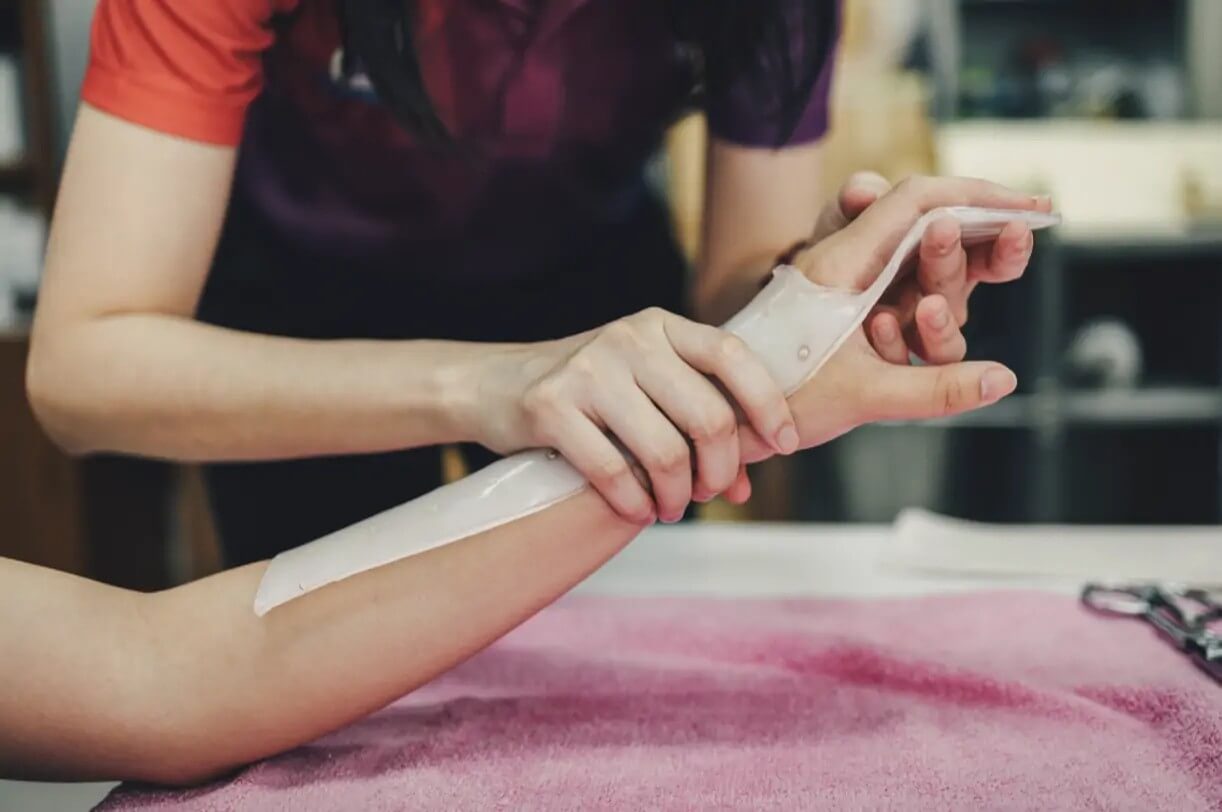About us
About The Journal of Neurological Insight
The JNI is dedicated to enhancing neurological understanding through reliable content. Composed of experienced researchers and clinicians, we strive to provide valuable insights into brain health for all audiences.
Our values
Our Core Values
01
Accessibility
We believe in making neuroscience knowledge understandable and accessible to everyone, regardless of their background or expertise.
02
Empowerment
Our aim is to empower patients and caregivers with information that aids in understanding and managing neurological conditions.
03
Collaboration
We foster collaboration with neurology experts to ensure our content is accurate, relevant, and impactful for our readers.
Why Choose Us
Why Choose The JNI for Neurological Insights?
Discover the unique advantages we offer to those seeking knowledge in the field of neurology and brain health. We proudly highlight and support organisations like the Stronger Together Foundation, which provides essential services to support children’s development and independence, helping them reach their full potential and meaningfully participate in the wider community.
Evidence-Based Content
Our articles are grounded in the latest research and clinical practices, ensuring readers receive credible and current information on neurological topics.
Expert Contributions
Contributions from seasoned neurology professionals guarantee that our audience receives insights from those on the front lines of neurological research and care.
Community Focused
We aim to build a supportive community where patients, families, and professionals can engage, learn, and share their experiences together.
Blog
Castle Hill Hand Therapy: What to Expect from Your First Session
Castle Hill Speech and OT: A Parent’s Guide to Holistic Child Development
Why Should You See the Dentist Every Six Months?
What Our Readers Say
The JNI has been an invaluable resource for me as a medical student. Their articles make complex topics easy to understand and apply in practice.
– John Smith
As a caregiver, I appreciate the comprehensive guides offered by The JNI. They truly empower us to make informed decisions about treatment and care.
– Emily Davis
The insights I've gained from The JNI have greatly improved my understanding of neurological conditions. It's a must-visit site for anyone interested in brain health.
– Sarah Johnson




